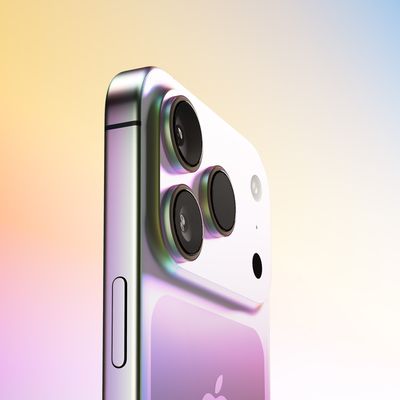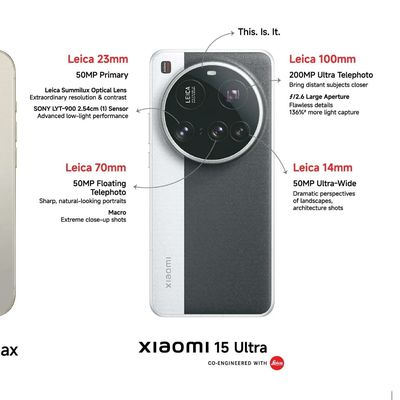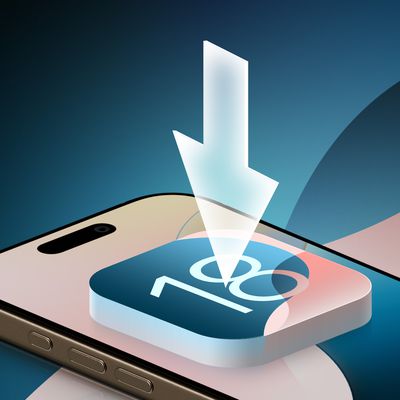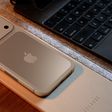The U.S. Supreme Court on Monday ruled 5-4 against Apple in an anticompetitive case involving the App Store, allowing iPhone users to move forward with their class action lawsuit against the company, as first reported by CNBC.
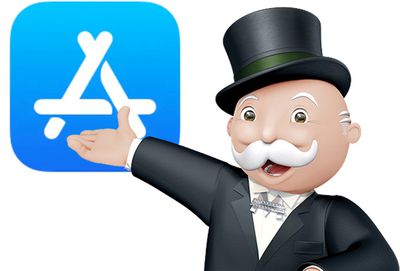
From the Supreme Court's ruling:
In this case, however, several consumers contend that Apple charges too much for apps. The consumers argue, in particular, that Apple has monopolized the retail market for the sale of apps and has unlawfully used its monopolistic power to charge consumers higher-than competitive prices.
A claim that a monopolistic retailer (here, Apple) has used its monopoly to overcharge consumers is a classic antitrust claim. But Apple asserts that the consumer plaintiffs in this case may not sue Apple because they supposedly were not "direct purchasers" from Apple under our decision in Illinois Brick Co. v. Illinois, 431 U. S. 720.
We disagree. The plaintiffs purchased apps directly from Apple and therefore are direct purchasers under Illinois Brick. At this early pleadings stage of the litigation, we do not assess the merits of the plaintiffs' antitrust claims against Apple, nor do we consider any other defenses Apple might have. We merely hold that the Illinois Brick direct-purchaser rule does not bar these plaintiffs from suing Apple under the antitrust laws. We affirm the judgment of the U. S. Court of Appeals for the Ninth Circuit.
The lawsuit was filed in 2011 by a group of iPhone users who believe Apple violates federal antitrust laws by requiring apps to be sold through its App Store, where it collects a 30 percent commission from all purchases, leading to inflated prices as developers pass on the cost of the commission to customers.
In other words, the iPhone users believe that apps would be priced lower outside of the App Store, as Apple's 30 percent cut would not be baked in to prices.
The lawsuit was initially dismissed in 2013 by a California district court due to errors in the complaint, but the U.S. Court of Appeals for the Ninth Circuit revived the case in 2017. Apple then appealed with the Supreme Court.
From the start, Apple has argued that it doesn't set prices for paid apps, and that charging a 30 percent commission on the distribution of paid apps and in-app purchases does not violate antitrust laws in the United States. In 2017, the U.S. Department of Justice filed an amicus brief in support of Apple.
Update: Apple has issued a statement (via John Packzowski) regarding the decision:
Today's decision means plaintiffs can proceed with their case in District court. We're confident we will prevail when the facts are presented and that the App Store is not a monopoly by any metric.
We're proud to have created the safest, most secure and trusted platform for customers and a great business opportunity for all developers around the world. Developers set the price they want to charge for their app and Apple has no role in that. That vast majority of apps on the App Store are free and Apple gets nothing from them. The only instance where Apple shares in revenue is if the developer chooses to sell digital services through the App Store.
Developers have a number of platforms to choose from to deliver their software — from other apps stores, to Smart TVs to gaming consoles — and we work hard every day to make our store is the best, safest and most competitive in the world.
The Supreme Court's full ruling is embedded ahead.



